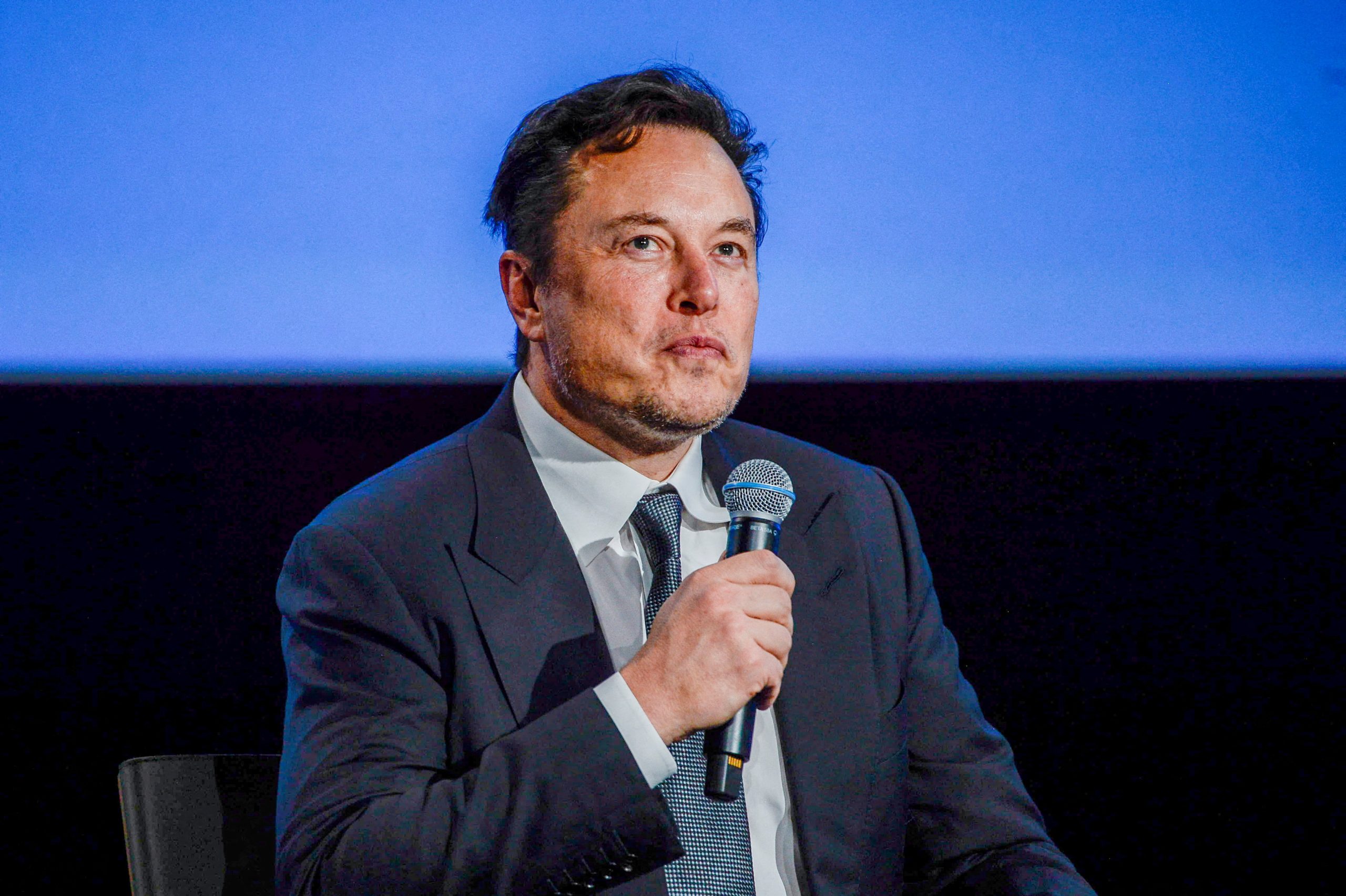
Willie R. Tubbs, FISM News
[elfsight_social_share_buttons id=”1″]
Twitter owner Elon Musk’s views on what constitutes honest-to-goodness journalism have, if nothing else, proven he’s an equal-opportunity offender.
In the past week, Musk has drawn heavy criticism from the left for agreeing that NPR was properly labeled as state-affiliated media and from journalists of all stripes for entering into a feud with publishing platform Substack.
NPR led the calls for change earlier in the week when Twitter began labeling posts from the organization as state-affiliated, a designation previously reserved for state-run media outlets like those found in Russia or China.
Musk seems to have okayed a broader definition of state-affiliated to include all “outlets where the state exercises control over editorial content through financial resources, direct or indirect political pressures, and/or control over production and distribution.”
It’s a designation NPR vigorously denied was applicable to the legacy public broadcasting system.
“NPR and our Member stations are supported by millions of listeners who depend on us for the independent, fact-based journalism we provide,” NPR President and CEO Lansing said in a statement. “NPR stands for freedom of speech and holding the powerful accountable.”
NPR President and CEO John Lansing has issued this statement: pic.twitter.com/mwd3SnwMVp
— David Gura (@davidgura) April 5, 2023
Although it is quite difficult to pen down an exact number, it is inarguable that NPR gets at least a portion (between 1 and 8% depending on the source) from tax dollars.
NPR contends it is an independent news organization that does not answer to federal powers.
Musk responded to complaints with a rather simple tweet: “Seems accurate.”
Seems accurate pic.twitter.com/nx5TmJY7GX
— Elon Musk (@elonmusk) April 5, 2023
Twitter has since changed the NPR label from state-affiliated to government-funded.
NPR has long been the target of conservative accusations of left-leaning bias, and it’s hard to identify any issue in recent memory when NPR’s editorial slant was one more sympathetic to the right.
SUBSTACK BATTLE COSTS TWITTER TAIBBI
A partisan divide was not apparent in Musk’s second row with journalists last week, this time over apparent unhappiness at Substack’s creation of a Twitter-like service.
When Twitter limited people’s ability to share links from Substack, a platform home to a wide array of voices, journalists from across the political spectrum cried foul.
No voice was more noticeable than that of independent journalist Matt Taibbi, whose best-known work of late has been his “Twitter Files” series.
Taibbi announced Friday that he would be moving to Substack and that platform’s new “Substack Notes” feature in the near future. It is not clear if Taibbi intends to write any other installments of the “Twitter Files.”
“Of all things: I learned earlier today that Substack links were being blocked on this platform,” Taibbi tweeted. “When I asked why, I was told it’s a dispute over the new Substack Notes platform.
“Since sharing links to my articles is a primary reason I come to this platform, I was alarmed and asked what was going on. I was given the option of posting articles on Twitter instead. I’m obviously staying at Substack, and will be moving to Substack Notes next week.”
As of this writing, Musk had not responded to Taibbi’s tweet.
Substack Notes is a new feature that allows users to publish short blurbs on their accounts.
